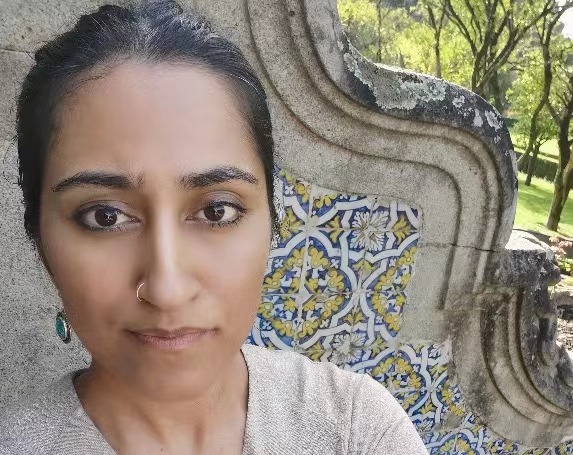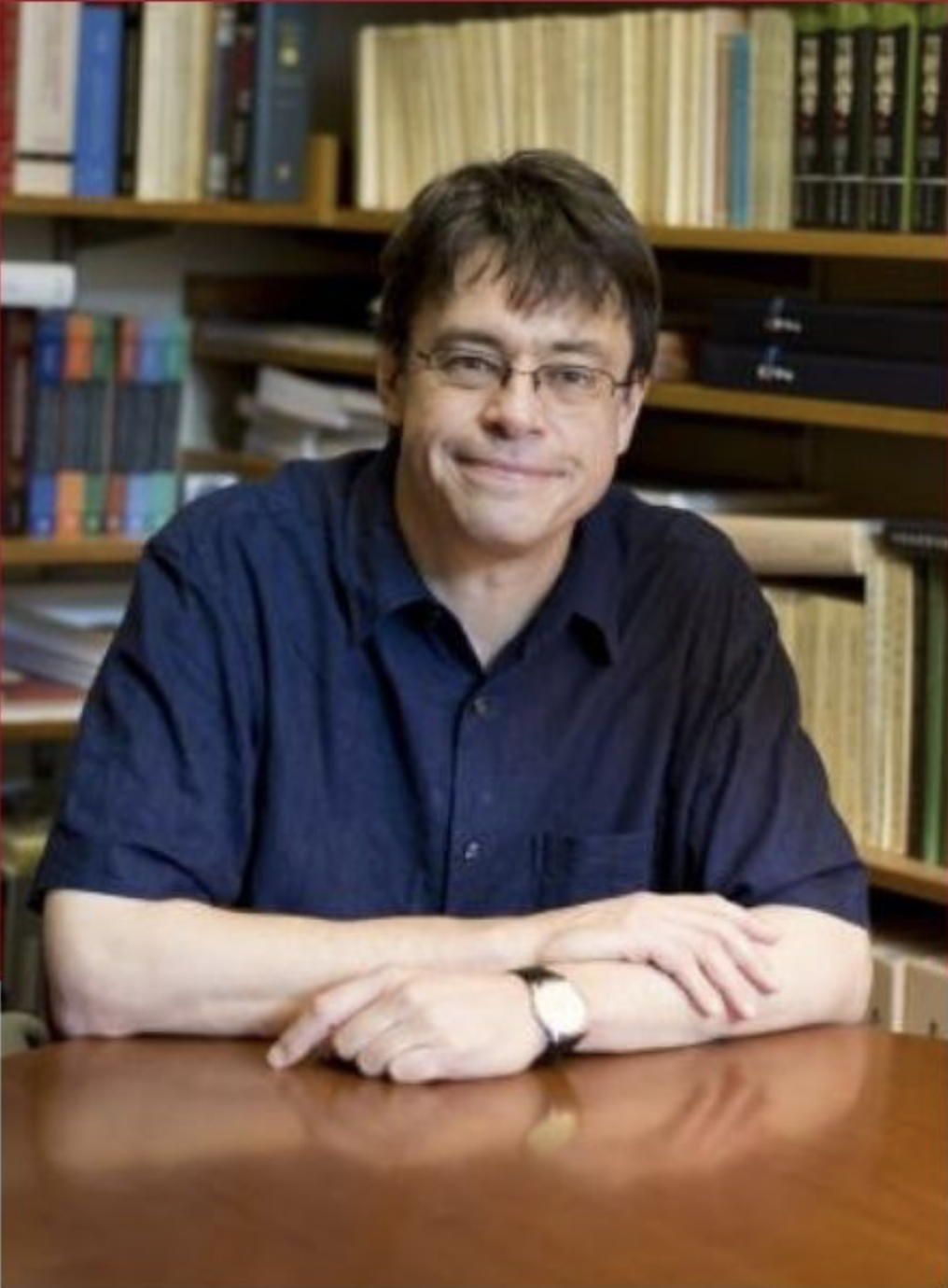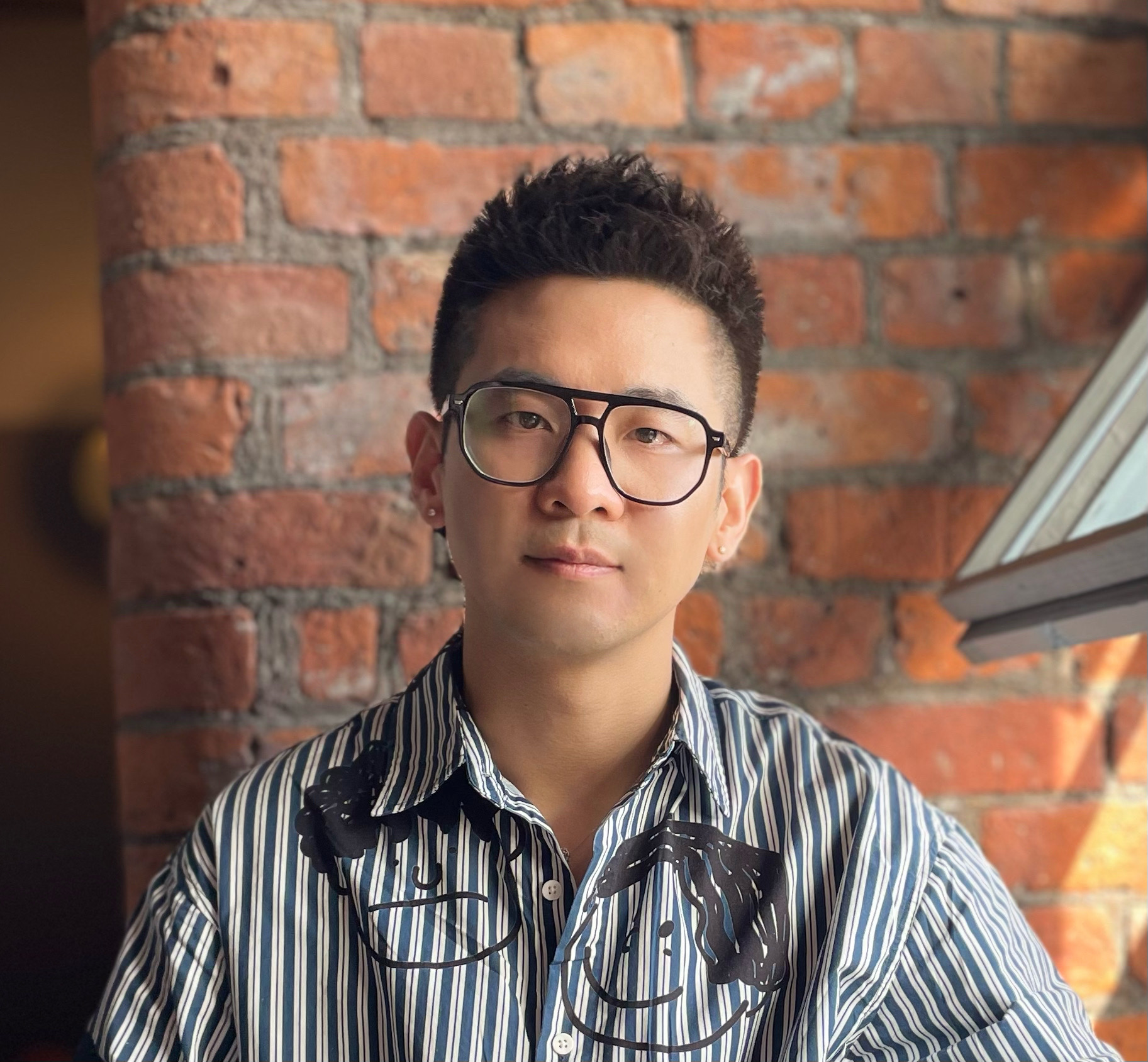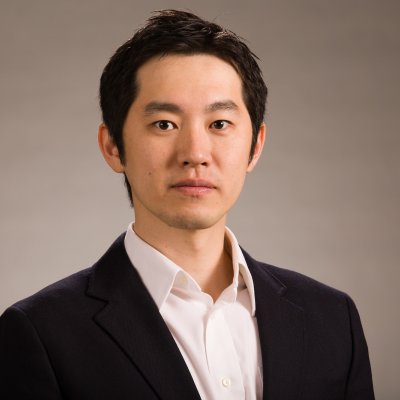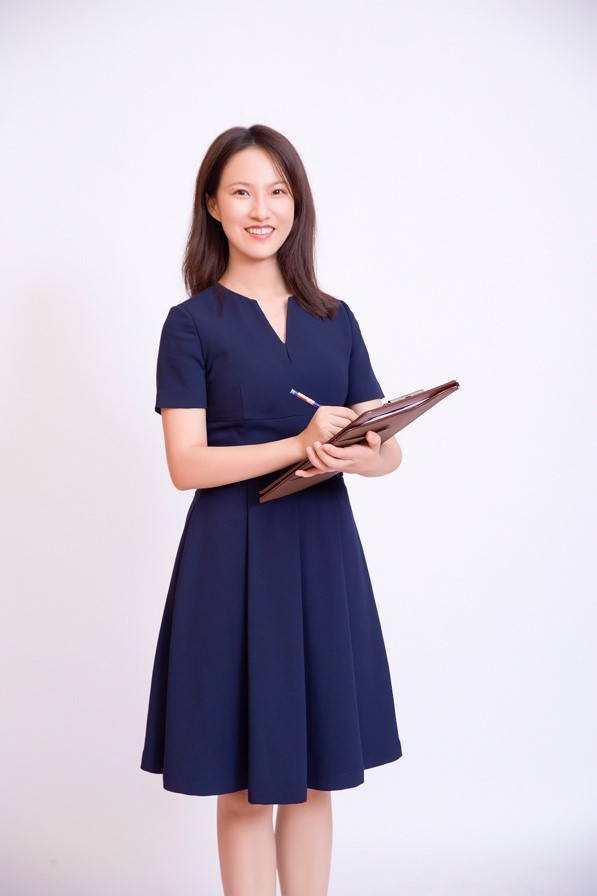Prof. Zhijin ZHONG
06/03/2025 (Thursday) 11:00-12:00 E21B-G002 Academic Imagination and Exploration of Intelligent Communication (Talk in Mandarin) Abstract: Artificial intelligence (AI) is increasingly becoming a significant driving force, profoundly impacting both journalistic practices and academic research. This seminar will explore the new academic landscape that AI technologies have brought to the field of communication studies,





